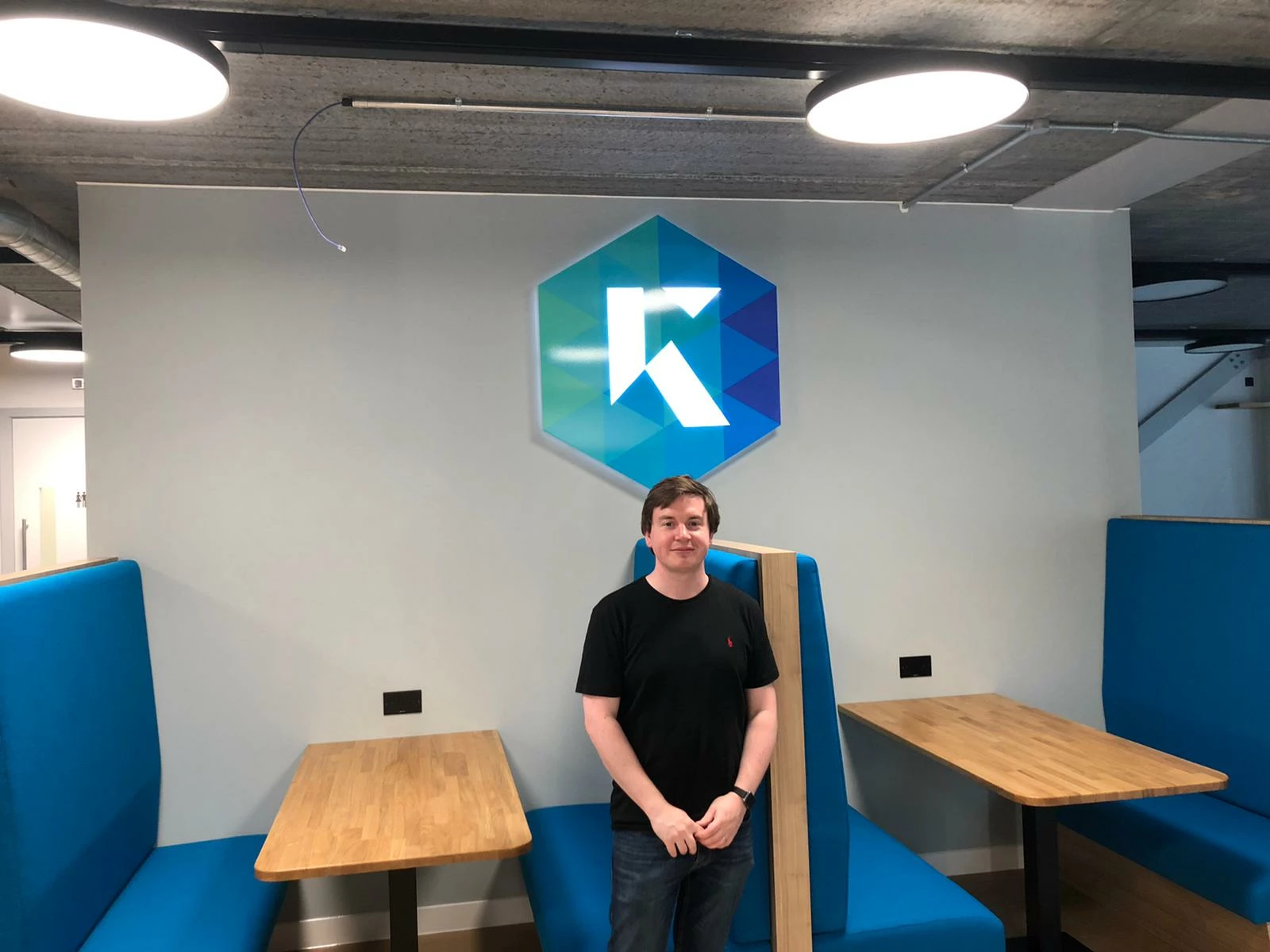
Life After Lockdown: The digital PR company implementing a hybrid working policy
As the country emerges from lockdown, it’s a very different landscape for a lot of businesses.
Bdaily spoke to business owners across the country about how they’re changing their ways of working, and what innovations they’re adopting permanently after lockdown.
Creative performance agency Kaizen has announced that they’re adopting a “hybrid working” policy.
This means that employees are able to choose to work from home, at the company’s office headquarters, or from a local co-working space from 2021 onwards.
The company has also introduced an extra hour of break for its employees to help them feel more comfortable and productive.
Pete Reis-Campbell, CEO and founder of Kaizen, commented: “As a business owner, navigating the COVID-19 pandemic has been extremely challenging, not only because of the number of changes we’ve had to implement but also being aware of staff morale and wellbeing.
“Of course, we hadn’t planned for a pandemic, but remote working was something we’d already offered as part of our flexible working environment.
“However, running an entire team remotely is a completely different ball game, and has illuminated a number of issues we needed to address.
“Over the course of lockdown, we introduced new schemes such as ‘Kalm Time’, which allowed staff members to take an extra hour aside from their lunch break to do anything they wanted - whether it was going for a walk, having a nap, or even watching something on Netflix.
“We encouraged staff to take time away from work as productivity levels aren’t the same as they are in an office environment.
“Naturally, some people will thrive in their own home office, while others may really struggle - hence our decision to adopt a hybrid working policy post-lockdown.
“With this new policy, staff are now allowed to work from home when they want or work from our new office HQ in London, and from 2021, they’ll be able to work from a local co-working space if they want to.
“We came to this decision after surveying the team and finding out what the issues and benefits are when working from home.
“Whilst there has been difficulty managing teams or finding it harder to collaborate on creative projects, we still want our team to feel like they have the option to work from where they feel most comfortable or productive.
“We’re also going to be allocating a ‘Happiness Budget’ where staff can purchase office equipment for their homes, and books or courses that they feel might inspire them.
“In the long-term, we expect to see the business adapt to this ‘new normal’, with the potential of staff members not using the office as much as required allowing more investment into office equipment for those working at home and tools and tech to help aid the process.
“Personally, I think working in an office environment 24/7 is now a pre-historic concept after this experience and I don’t think I’m alone.
“Many companies are already making changes to their work from home policies, looking at ways they can reduce office space costs and invest it back into their teams - because essentially, your talent is the heart of the business and what keeps driving it forward.”
Looking to promote your product/service to SME businesses in your region? Find out how Bdaily can help →
Enjoy the read? Get Bdaily delivered.
Sign up to receive our popular morning National email for free.








 Raising the bar to boost North East growth
Raising the bar to boost North East growth
 Navigating the messy middle of business growth
Navigating the messy middle of business growth
 We must make it easier to hire young people
We must make it easier to hire young people
 Why community-based care is key to NHS' future
Why community-based care is key to NHS' future
 Culture, confidence and creativity in the North East
Culture, confidence and creativity in the North East
 Putting in the groundwork to boost skills
Putting in the groundwork to boost skills
 £100,000 milestone drives forward STEM work
£100,000 milestone drives forward STEM work
 Restoring confidence for the economic road ahead
Restoring confidence for the economic road ahead
 Ready to scale? Buy-and-build offers opportunity
Ready to scale? Buy-and-build offers opportunity
 When will our regional economy grow?
When will our regional economy grow?
 Creating a thriving North East construction sector
Creating a thriving North East construction sector
 Why investors are still backing the North East
Why investors are still backing the North East